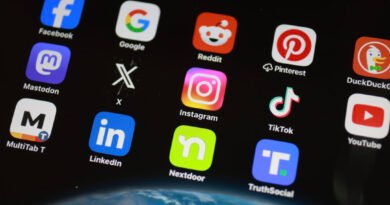Employment Minister Expresses Surprise Over Former Company’s Claim of Indigenous Ownership Without His Approval
Boissonnault says he was adopted into an indigenous family but is not himself indigenous.
Prospective suppliers can only identify themselves to the federal government as “Aboriginal” if they are on an official list of businesses eligible to benefit from procurement programs favoring indigenous-owned firms. Global Health Imports was not on the list.
“I also did not consent to Mr. Anderson making any false representations to portray Global Health Imports as an Indigenous-owned company, nor would I,” he said. “There is a long history of non-Indigenous individuals claiming status to access programs, and such actions are wrong and deeply hurtful to Indigenous people.”
Boissonnault said the family he was adopted into has indigenous ancestry, and both his adopted mother and brother are status Métis. The employment minister said while he does not have status, he has participated in indigenous caucus events as an ally. He added that he regretted having gone into business with Anderson.
Anderson did not respond to The Epoch Times’ request for comment before publication time.
Ethics Probes on Business Dealings
In the last year, Boissonnault has faced three probes from federal Ethics Commissioner Konrad von Finckenstein for his role at Global Health Imports. Von Finckenstein first looked into Boissonnault’s business dealings after Global News reported in May that he remained listed as a director of the medical supply company Global Health Imports Corporation while serving in public office.
Boissonnault has said he was a partner at the company until he was elected in September 2021, at which point he abided by federal ethics laws for cabinet ministers by resigning from the company. He said he had asked Anderson to update the federal and provincial business registries, but that was not done. He remained a 50 percent shareholder until recently, as ministers are allowed to own shares in private companies, but are not allowed to have a role in managing or operating businesses.
Commissioner von Finckenstein decided not to launch a formal investigation following both preliminary probes.
Following that probe, von Finckenstein said he considered the matter closed after finding no evidence Boissonnault was involved in a business deal while in cabinet.





